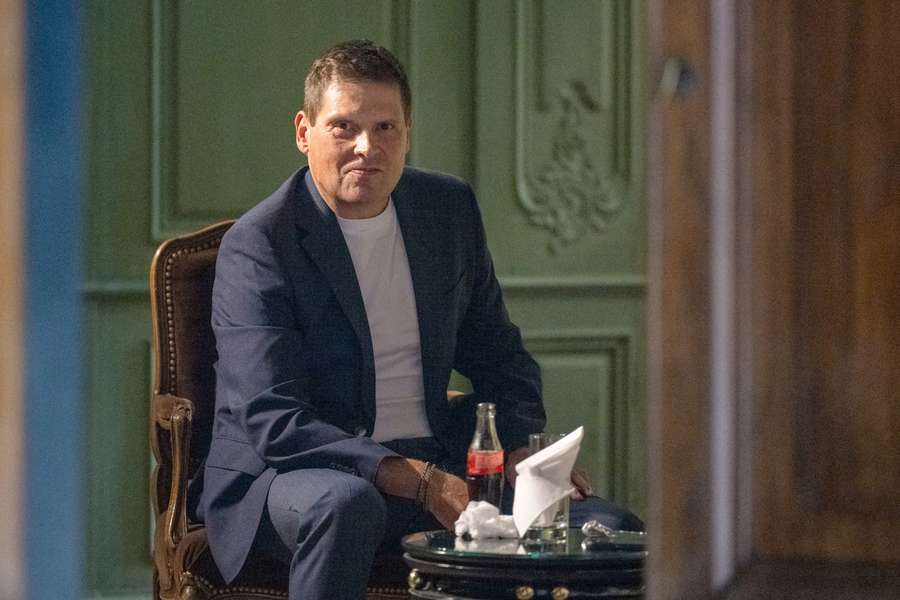"If I had told my story, I could have won many good years. I didn't have the balls. It's really good to say it."
He had "made himself guilty" and felt "guilty", explained Ullrich, who had previously spoken at length about self-blood doping in his past as a professional in the SID interview. "I knew internally that I also had to adapt medically,".
In the doping-infested world of cycling at the time in the 1990s, it was "always about equal opportunities".
Ullrich first made contact with the now infamous doping doctor Eufemiano Fuentes from Spain in the summer of 2003.
"I wanted to win and build on my successes. I had a new team at the time and Dr Fuentes was recommended to me. That's how I ended up there," he said.
Shortly before the start of the 2006 Tour de France, this connection was to be Ullrich's undoing - he was excluded from his T-Mobile team and finally ended his career in 2007.
However, the 1997 Tour de France winner emphasised that the blood doping was only "the last straw" from a sporting point of view.
"You still have to have huge talent, still be hard-working and subordinate your whole life to it." Ullrich wasn't worried about his health at the time - "because everything was medically controlled. In the end, it was my own blood that I had taken - something natural," he said.
Start at the end of the 90s
However, other forms of unauthorised performance enhancement were already commonplace at the beginning of Ullrich's professional career in 1995, as Ullrich emphasised: "It started with me in 1996. When I came into contact with it, there were already substances that could not be controlled. It had already been in cycling for a few years. Cycling already had a problem back then."
The highly talented Rostock rider was therefore forced to resort to doping substances. "When I realised that I no longer had an equal chance, there was also the mental aspect. You've sacrificed your whole life, you know you have the talent in you, you get better every year. And then to know that otherwise you have no chance from the outset was the hardest thing," said Ullrich.
For him, it was never about "cheating someone or gaining an advantage, but about equal opportunities".




